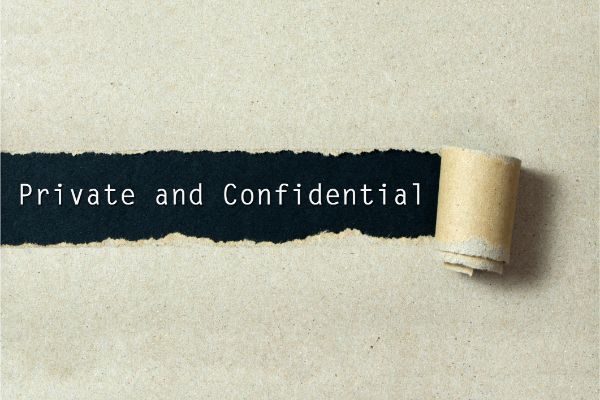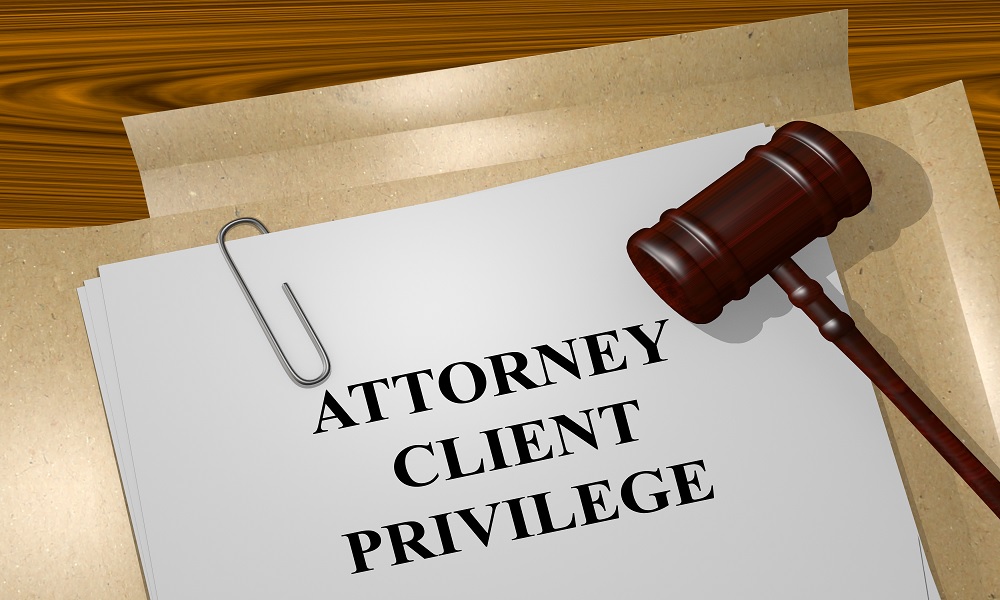Attorney-client privilege is a fundamental legal doctrine that protects communications between a client and their lawyer from disclosure during legal proceedings. This privilege is crucial for maintaining trust and confidentiality between attorneys and their clients, but it is important to understand that there are limits to this protection.
What is Attorney-Client Privilege?
Attorney-client privilege is a legal concept that protects communications between a client and their lawyer from being disclosed in court. The privilege is based on the idea that clients should be able to speak openly and honestly with their attorneys without fear that their conversations will be used against them in legal proceedings.
Under attorney-client privilege, lawyers cannot be forced to disclose any information that their clients share with them in confidence. This includes conversations, emails, letters, and other forms of communication. The privilege also extends to any documents or materials that the client provides to their attorney for legal advice.
The Limits of Attorney-Client Privilege

While attorney-client privilege is a powerful legal protection, there are some important limits to this privilege that clients should be aware of.
Waiver of Privilege
One of the most important limits to attorney-client privilege is the possibility of waiving the privilege. Clients can waive the privilege by voluntarily disclosing the information to a third party, such as a friend or family member, or by using the information in a public forum, such as social media or a public speech.
Once the privilege has been waived, the information is no longer protected by attorney-client privilege, and the lawyer may be required to disclose it in court if requested by the opposing party.
Crime or Fraud Exception
Attorney-client privilege does not protect communications that involve the planning or commission of a crime or fraud. If a client seeks legal advice from their lawyer with the intent of committing a crime or fraud, the communications will not be protected by attorney-client privilege.
In addition, if a lawyer becomes aware that their client has committed a crime or fraud, they may be required to disclose this information to the appropriate authorities, even if it was shared with them in confidence.
Joint Clients
When multiple clients share the same lawyer, the attorney-client privilege only applies to communications that were made in confidence between the lawyer and each individual client. If one client waives the privilege, it may also be waived for the other clients.
Attorney-client privilege is a crucial legal protection for clients seeking legal advice from their lawyers. However, it is important to understand the limits of this privilege and the situations in which it may not apply. By being aware of these limits, clients can ensure that their confidential communications remain protected and that they receive the best possible legal advice from their attorneys.

